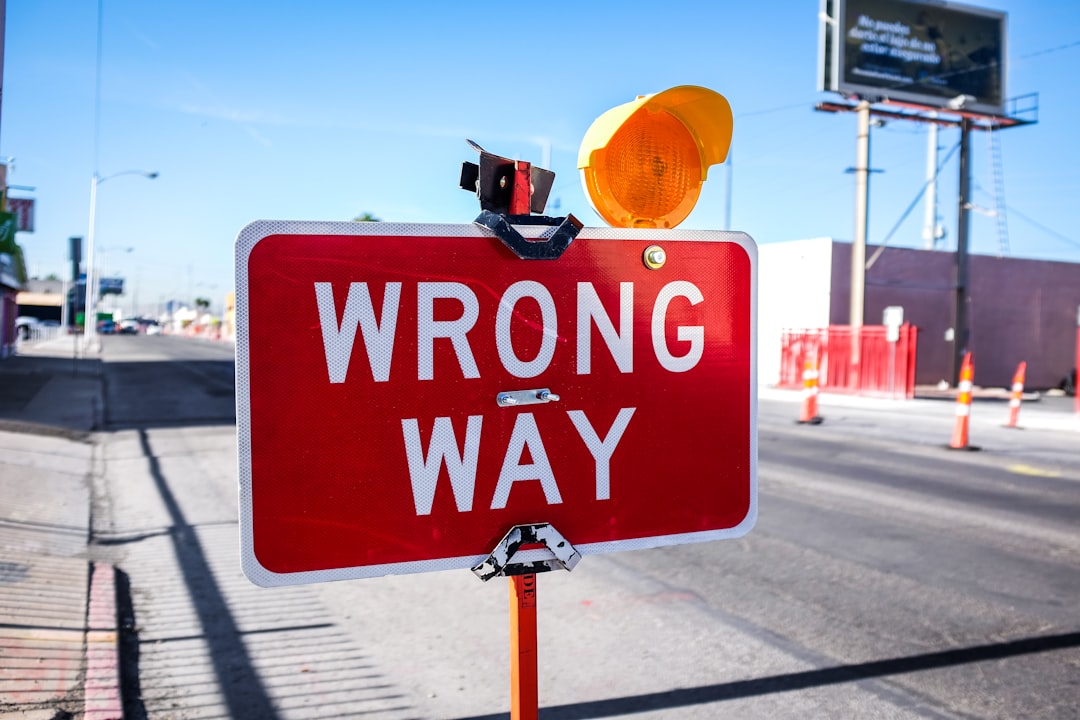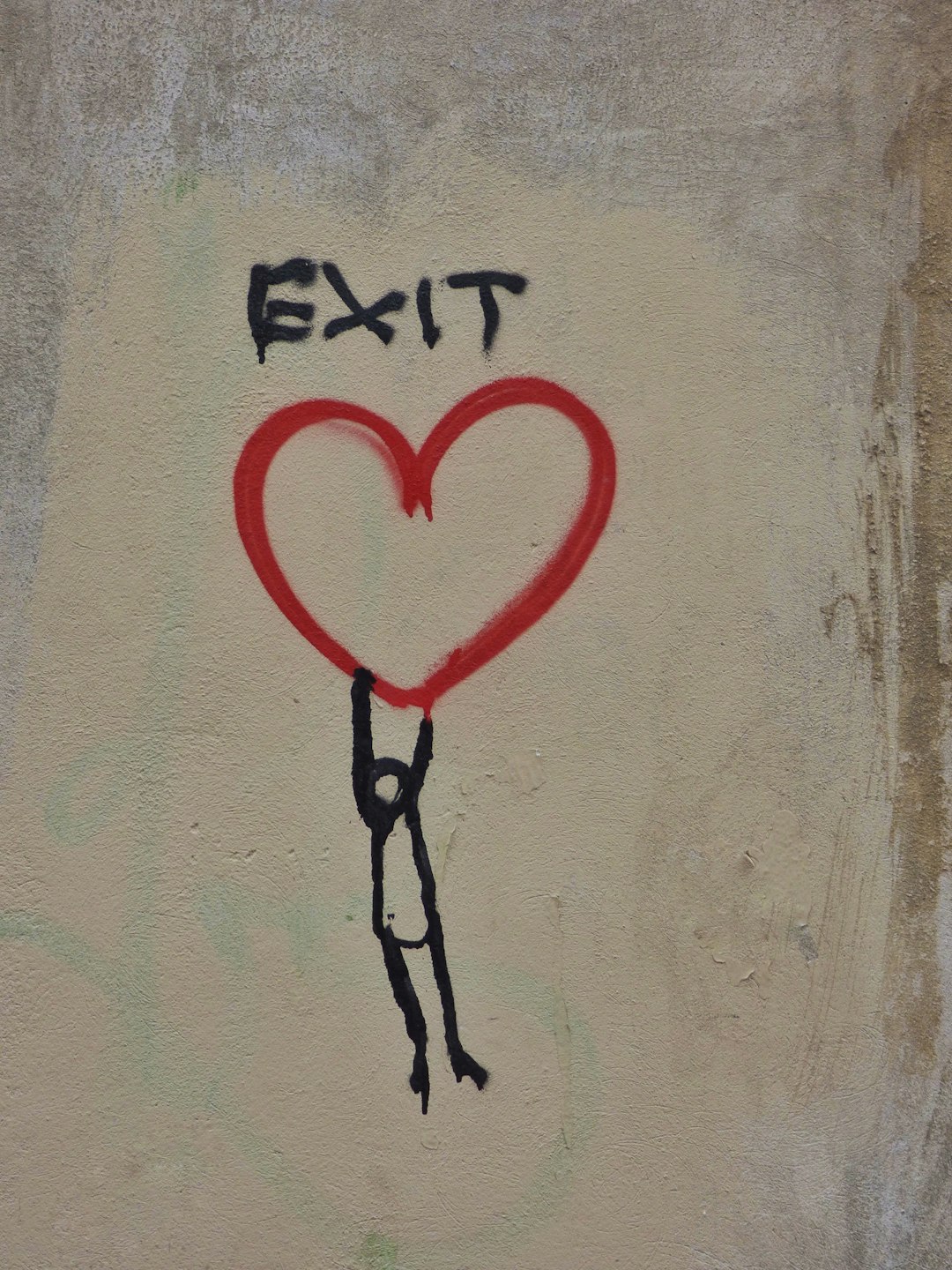I think of myself as someone without regrets. If regret is that sinking feeling that the present would be better if I hadn’t chosen X or done Y then, perhaps, I don’t feel regret because I like the present moment (for all of its imperfections) more than I ever imagined possible. But if regret is also knowing that I did or said things that were out of my integrity, which I knew better than to do, then my bravado about having no regrets is a lie.

Junior high school was the first time I encountered packs of young men doing the sorts of stereotypical things that hormones, misogyny, and groupthink inspire. Almost every morning, turning the corner from the bus stop I’d have to walk a gauntlet of young men who seemed to love nothing more than clumping together at the corner, hurling insults and sexual commentary onto any female who walked past them.
I’d been dealing with the sexualized attention of men and boys nearly all my life, but they’d always seemed to vex me one at a time. This was something new. Looking back, there were probably only 4-6 of these boys at a time who chose to congregate on the corner, but they might as well have been a hundred. In some cultures, the idea of counting involves 1, 2, and then many. This was definitely like that for me. I was one and they were many.
In the face of the many young men hurling insults and sexual commentary at me, I was anxious and fearful. My heart raced, my face flushed crimson, and it felt like they could smell my fear. My fear, and the submission it signaled, seemed the point, in fact. The goal and also the drug. The more fear, the greater the high.
I needed to fight back, I thought. I needed to show strength, not fear, so they would move on to another target. (Not the most honorable goal, but the honest one.) But the truth was I didn’t feel strong. I felt afraid. So, I made the sort of choice that fear makes– a bad one.
It just so happened that all of these young men who loved to hang out on the corner were Latino and/or Hispanic. Feeling fearful and powerless, I reached for the only weapon that seemed easiest to call to hand. I flung a racial slur at them, over and over, as I rushed through the gauntlet.
Each time, as soon as the word flew out of my mouth I was sick with regret. Whether or not I was outnumbered or feeling threatened, I knew better. I knew I was just piling shit on shit. I was way out of my integrity, with the nausea and regret to prove it.

So, no, I don’t regret many of the things I’ve done in my life that went poorly, even though I made those choices, put myself in those situations, and chose those relationships. I was ill-prepared. I lacked understanding. I didn’t actually know better. I’ve extracted the lesson, come to understand how those choices led to the present moment, which feels wiser and truer through that learning, so whatever dismay or grief I felt is largely gone.
Why regret what brought me to becoming the person that I am today? For all of her complications, I rather like her.
But if I’m honest with myself about this regret business, then I do carry lingering remorse that no amount of learning will erase. For those times when I have been cruel or said ugly things on purpose, even if that ugliness was mutually offered, I carry regret that will likely persist forever. Because in those moments, I knew better and did it anyway.
At least it’s made me careful in my communication, unsparing in confronting my own racism, reluctant to act out of fear, and more cautious in the face of my anger, I tell myself. None of which erases the regret, and rightfully so. Carrying that regret is more than fair recompense.
"Do the best you can until you know better. Then when you know better, do better." — Maya Angelou
This week I read a book that will be a useful tool for your integrity practice– The Power of Regret: How Looking Backward Moves Us Forward, by Daniel Pink. Pink’s mission throughout the book is to “reclaim regret as indispensable”, and he makes a compelling case. Regret, when used well, can hone our decision-making, improve our performance, and deepen our sense of meaning.
It turns out, in fact, that the process I have engaged in instinctively for years, what a dear friend calls “self-therapy”, is exactly the process Pink advises to use the feeling of regret well. I talk or write about what happened that felt wrong. I extend myself as much self-compassion for my mistakes and lack of knowledge or understanding as possible. Then I analyze from a bird’s-eye point of view what actually happened, what I need to take responsibility for, and how I can do that moving forward.
We don’t always handle regrets in this way, and perhaps that’s why I resist the idea of having them. Historically, regret and shame have been so tied up with each other. Feeling shame for my behavior (“what I did is evidence that I am bad”) versus guilt (“what I did was bad”) leads from regret to rumination, anxiety, and self-flagellation. I spent my childhood and adolescence trapped in this feedback loop, and it was hell on my mental health. Who wouldn’t eschew regret if that’s your idea of how regret inevitably works?
But Pink illuminated for me that it doesn’t have to be that way and that the absence of regret actually signals a problem— lack of neurological development, mental illness, neurological illness, or psychopathy. In other words, small children and sick people don’t feel regret. The rest of us are kind of stuck with it, so we might as well learn to use it for good.
According to Pink, there are four core regrets that span across human experience, despite age or culture. They are foundational regrets (“If only I’d done the work”), boldness regrets (“If only I’d taken the chance”), moral regrets (“If only I’d done the right thing”), and connection regrets (“If only I’d reached out”). These core regrets get to the essence of what it means to be human.
Regrets around integrity are often moral regrets, but not always. If you make a commitment and don’t honor it that could be a foundational regret (“If only I’d done the work”) or a connection regret (“If only I’d prioritized that person”). If taking a risk would allow you to be a truer version of yourself but you choose what is safe instead, you may be left with a boldness regret. Accountability, reliability, and authenticity are all part of integrity.
Regardless of the category of regret, however, it’s undeniable that regret and discernment are intimately tied to each other. If I look back on my integrity practice through the lens of regret as Pink explains it, then my discernment has been fueled by regret more often than not. Which, it turns out, is exactly as it should be.
Whether we anticipate a core regret or are processing one after the fact, these are the sorts of regrets that deserve consideration and action. Any other regret we feel is better left by the wayside. Chalk it up to being an imperfect human and move on.

If you want to hear more about the book before reading it, I enjoyed Pink’s recent interviews with Brené Brown and with Dax Shepherd and Monica Padman. Have a listen!



When i was 13 i was a invilved in a rape trial. After that i was given a bus to school for safety. It was a special ed bus and i deeply regret that i would pretend not to know the kind kids from that buswho said hello to me in halls